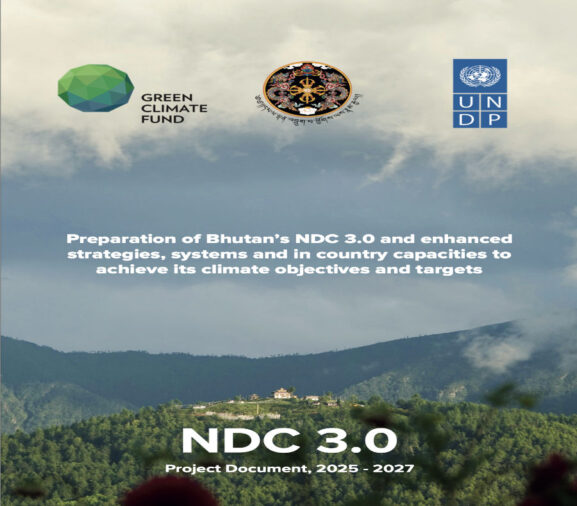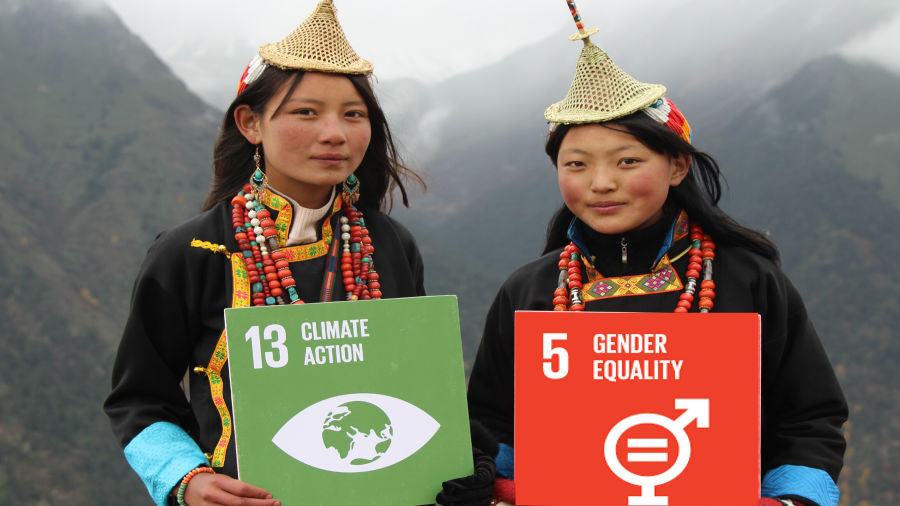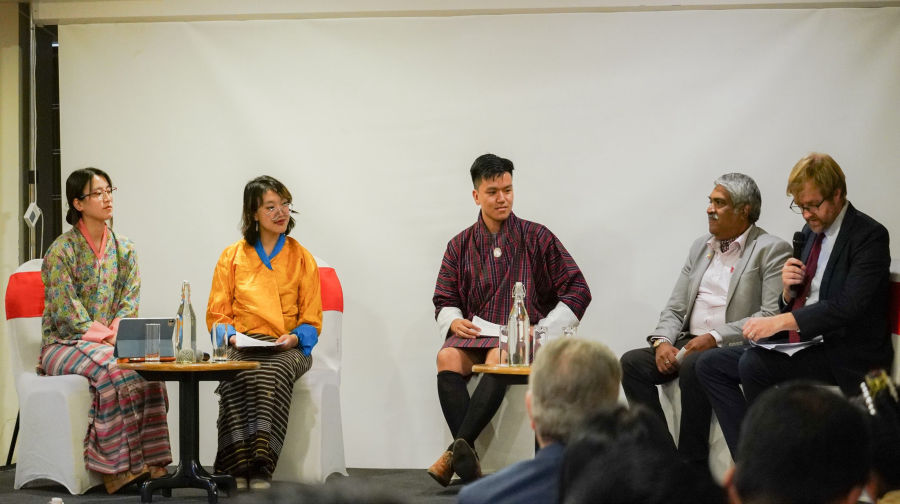 With the UN Climate Change Conference or COP30 four months away, Bhutan is finalising its third Nationally Determined Contribution. For the first time, the climate action plan will include the social sector, recognising that climate change is not gender-neutral. The NDC aims to ensure a just and inclusive transition that leaves no one behind, especially women, children, youth, men and persons with disabilities.
With the UN Climate Change Conference or COP30 four months away, Bhutan is finalising its third Nationally Determined Contribution. For the first time, the climate action plan will include the social sector, recognising that climate change is not gender-neutral. The NDC aims to ensure a just and inclusive transition that leaves no one behind, especially women, children, youth, men and persons with disabilities.
Nationally Determined Contribution is a country’s climate action plan that outlines how it will respond to climate change.

Through the plan, Bhutan aims to support the government in maintaining its carbon-neutral status and achieving long-term climate resilience. It aligns with the priorities of the 13th Five-Year Plan. The Ministry of Energy and Natural Resources, in partnership with the UNDP is leading the plan preparation.
“Bhutan is doing a lot of great concrete national progress. Now, we are at this really key stage, and what we are doing is what’s called NDC 3.0. It’s called the Nationally Determined Contribution. In its most basic terms, it is what Bhutan is doing to address the climate crisis. Bhutan is a global leader in being carbon negative and in high-inclusive climate ambition. How Bhutan is going to carry on that legacy and continue to lead in terms of raising climate ambitions is determined by the NDC,” said Timothy Wilson, Head, UN Resident Coordinator’s Office.
In a special address at UN Headquarters in New York on Tuesday, UN Secretary-General Antonio Guterres said the shift to renewable energy is now inevitable. He stressed that a move away from fossil fuels will boost economies, strengthen energy security and improve people’s well-being.
Back home, a panel discussion hosted by the UN office in Bhutan yesterday explored how Bhutan can turn this global call into real action. Panellists, including voices from the government, youths and the UN, shared what climate ambition means for Bhutan. They discussed the country’s clean energy goals, the everyday lives of its people, and the path leading up to COP30.

“Just and inclusive energy transition as a global agenda applies everywhere around the world. Everyone will take that and apply it in their own ways in their own communities. At the end of the day, the world is what it needs to go through, a just and inclusive energy transition that will have implications for you, I and everybody else,” added Timothy Wilson, Head, UN Resident Coordinator’s Office.
Countries are expected to submit their third climate action plans this year for COP30, scheduled in November. They are crucial for assessing progress towards the goals of the Paris Agreement, which aims to limit global warming to 1.5 degrees Celsius and will be a key focus of COP30.
Kelzang Chhophyel
Edited by Sonam Pem









